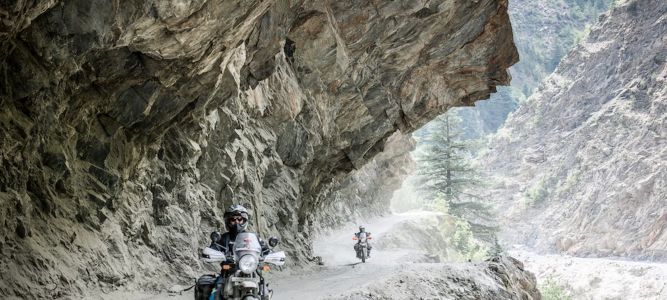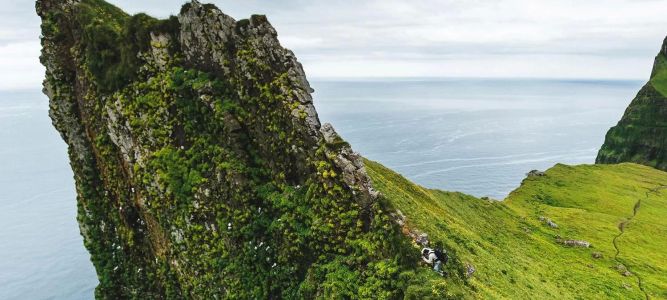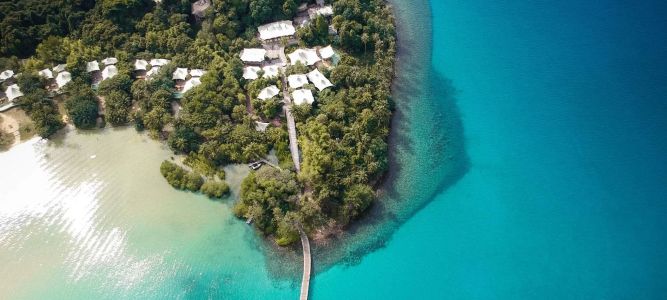- Why Explore Remote Regions?
- Top Remote Destinations Around the World
- Preparing for an Adventure in Remote Regions
- Real-Life Stories of Exploring Remote Areas
- Safety Tips for Remote Travel
Why Explore Remote Regions?
Exploring the world’s most remote regions offers unparalleled experiences and a chance to connect with nature in its purest form. These locations are far from the bustling crowds of tourist hotspots and provide the opportunity for personal reflection, adventure, and discovery. Whether you're looking to escape the modern world, immerse yourself in unique cultures, or seek out new adventures, remote regions can offer some of the most rewarding and transformative travel experiences.
Top Remote Destinations Around the World
If you're looking to step off the beaten path, here are some of the top destinations that are known for their remoteness and extraordinary appeal:
- Patagonia, Argentina and Chile: With its dramatic landscapes, including towering mountains, glaciers, and deep fjords, Patagonia is a must-see for any adventurer.
- Socotra Island, Yemen: Known for its otherworldly dragon blood trees, Socotra is a hidden gem in the Arabian Sea.
- Antarctica: The ultimate destination for those seeking isolation, Antarctica offers a truly unique environment with towering icebergs, wildlife, and vast, untouched landscapes.
- The Gobi Desert, Mongolia: The expansive Gobi Desert offers rugged terrain, ancient Buddhist monasteries, and a glimpse into a nomadic lifestyle.
- Alaska, USA: With its vast wilderness and pristine natural beauty, Alaska offers hiking, kayaking, and wildlife spotting like no other place on earth.
Preparing for an Adventure in Remote Regions
Exploring remote areas requires careful preparation and research. Here are a few essential steps to ensure you're ready for your adventure:
- Plan Your Travel: Research your destination thoroughly, and make sure to plan the best time to visit, taking into consideration climate conditions, transportation options, and any entry restrictions.
- Pack Wisely: For remote regions, you'll need to pack light yet thoroughly. Ensure you bring appropriate clothing, gear, and first-aid supplies to handle any challenges that may arise.
- Physical Preparation: Some remote regions require physical endurance, whether it’s long treks in the mountains or surviving in extreme cold. It’s important to train ahead of time to ensure you’re physically prepared.
- Organize Permits and Guides: Many remote areas require special permits or local guides to explore. Make sure to book these in advance to avoid any surprises during your trip.
Real-Life Stories of Exploring Remote Areas
Many travelers have shared their incredible stories from remote regions, from trekking through Patagonia to navigating the deserts of Mongolia. For example, one traveler shared how they journeyed into the heart of the Gobi Desert and discovered a centuries-old monastery where nomads still live and practice traditional ways. Another shared their journey across Antarctica, where they witnessed the majestic beauty of icebergs and encountered wildlife like penguins and seals. These stories showcase the allure of remote regions and the unforgettable experiences they offer.
Safety Tips for Remote Travel
When exploring the world’s most remote regions, safety should always be a top priority. Here are some essential tips to keep in mind:
- Always Have a Communication Plan: In some remote areas, cell service is non-existent. It’s crucial to have satellite communication devices or leave a detailed itinerary with a friend or family member.
- Know the Emergency Procedures: Understand the local emergency services and know how to contact them in case of an emergency. Ensure that you have access to first-aid supplies and the knowledge to use them.
- Respect Nature: Remote regions often have delicate ecosystems. Practice Leave No Trace principles and avoid disturbing wildlife or vegetation.
- Travel in Groups: Whenever possible, travel with a group or a guide to ensure safety in unfamiliar and potentially dangerous areas.





